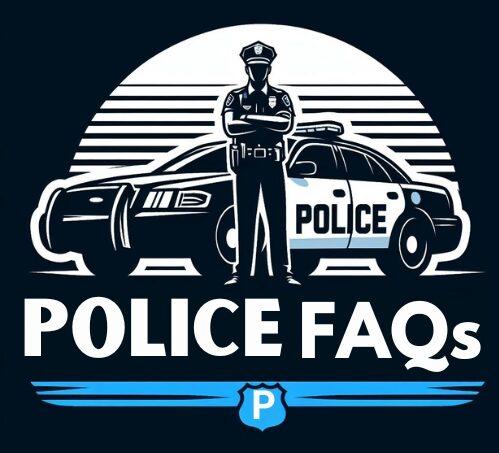Why Are Police Called Pigs? Historical and Cultural Insights

The term “pigs” used to describe police officers is a contentious and provocative one, with deep historical and cultural roots. This blog post aims to delve into the origins, evolution, and contemporary usage of the term. By understanding the historical context and cultural significance, we can gain insight into why this term continues to be used today.
Historical Origins
Early References
The derogatory use of “pig” can be traced back to the 16th century. Initially, the term was a general insult used to describe someone who was seen as greedy, dirty, or morally corrupt. It was only later that it became specifically associated with law enforcement.
In 1811, the “Buckish Slang Dictionary” in London recorded the term “pig” as a derogatory reference to police officers. This association likely stemmed from the criminal underworld, where law enforcement officers were viewed as oppressors who took more than their share, similar to the negative connotations of a pig.
British Criminal Slang
The 19th century saw the term “pig” becoming more firmly entrenched in British criminal slang. It was used to describe police officers who were perceived as corrupt or overreaching in their duties. The term suggested that officers were taking the illicit gains of thieves for themselves, much like a pig rooting around for food.
Evolution of the Term in the 20th Century
1960s Counterculture
The 1960s were a turbulent time in many Western countries, marked by significant social and political upheaval. During this period, the term “pig” saw a resurgence in use, particularly among counterculture groups and activists.
One notable event was the 1968 Democratic National Convention in Chicago, where anti-Vietnam War protesters, including the Yippies, used the term “pig” to describe the police. The activists even brought an actual pig named Pigasus to the convention as a satirical presidential candidate, symbolizing their disdain for the establishment and law enforcement.
Role of the Media
Media coverage of events like the 1968 Democratic National Convention helped popularize the term “pig” among the general public. Headlines and news stories frequently referenced the term, embedding it in the cultural consciousness. This widespread media exposure contributed to the term becoming a staple of protest and counterculture rhetoric.
Cultural Impact
Black Panther Party
The Black Panther Party, founded in 1966, also played a significant role in popularizing the term “pig” to describe police officers. The party used the term as part of its broader critique of systemic racism and police brutality. By labeling police officers as “pigs,” the Black Panthers highlighted what they saw as the dehumanizing and oppressive actions of law enforcement in African American communities.
Artistic and Media References
The term “pig” has appeared in various forms of art and media over the years. From music and literature to movies and television, the term has been used to symbolize rebellion against authority and critique of police actions. Songs by punk rock bands, literature by beat poets, and films depicting police corruption have all contributed to the term’s enduring presence in popular culture.
Modern Usage and Controversy
Continuing Debate
Today, the term “pig” remains controversial. While some view it as a powerful symbol of resistance against police misconduct, others see it as a disrespectful and dehumanizing slur. The debate over its use reflects broader societal tensions regarding law enforcement and authority.
Sociopolitical Context
In recent years, movements such as Black Lives Matter have brought renewed attention to issues of police violence and systemic racism. Within these movements, the term “pig” is sometimes used to express frustration and anger towards perceived injustices. However, its use is not without controversy, and opinions on its appropriateness vary widely.
Linguistic Analysis
Etymology
The etymology of “pig” as a derogatory term for police officers is rooted in its broader use as an insult. Historically, pigs were seen as dirty and greedy animals, and these negative attributes were transferred to those viewed as corrupt or oppressive.
Comparative Slang
The term “pig” is not the only slang term used to describe police officers. Other terms, such as “fuzz” and “cop,” have their own unique origins and connotations. For example, “fuzz” emerged in the 1960s and is thought to refer to the appearance of police uniforms or the sense of fuzziness and confusion associated with law enforcement presence.
Conclusion
The term “pigs” used to describe police officers is steeped in historical and cultural significance. From its early origins in criminal slang to its resurgence in the 1960s counterculture and its use in contemporary movements, the term reflects deep-seated societal attitudes towards law enforcement. Understanding the history and context of this term can help us navigate the ongoing debates about police, power, and language.
Reflecting on its impact, it is clear that the term “pig” will continue to evoke strong reactions and serve as a barometer for societal views on law enforcement and authority.






